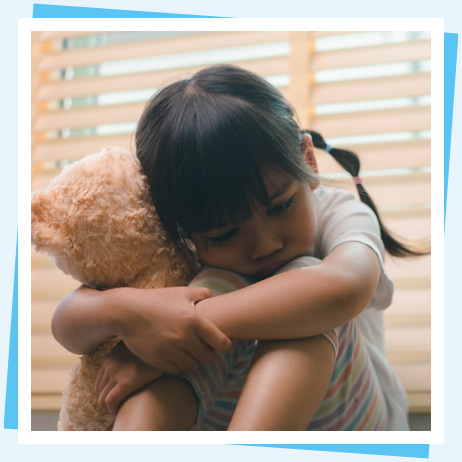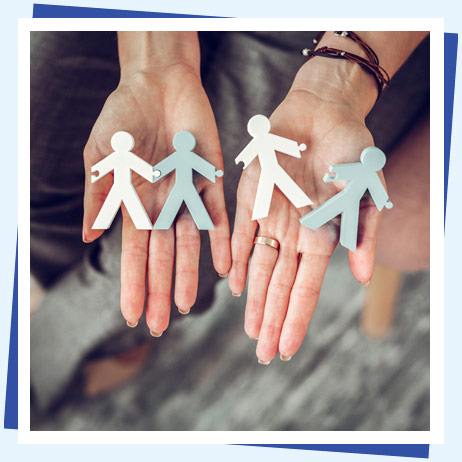Our mission is possible only through the collaboration of the various professionals that must intervene when sexual abuse and/or exploitation of a child is disclosed or suspected. The Barren River Area Child Advocacy Center starts with the idea that no one agency or professional can adequately respond and meet the needs of a child victim. It takes the expertise of a core multidisciplinary team of professionals – law enforcement, child protection services, forensic interviewers, prosecutors, physicians, therapists and professional advocates – all working together to provide children and their non-offending family members or caregivers with quality services and support they need.
What we do
Services
![[stats]](https://www.bracac.org/wp-content/uploads/2023/11/First-Stat.png)
1 in 9
Children will be a victim of abuse before their 18th birthday
![[stat]](https://www.bracac.org/wp-content/uploads/2023/11/Second-Stat.png)
90%
Of children know their abusers
![[stat]](https://www.bracac.org/wp-content/uploads/2023/11/Third-stat.png)







